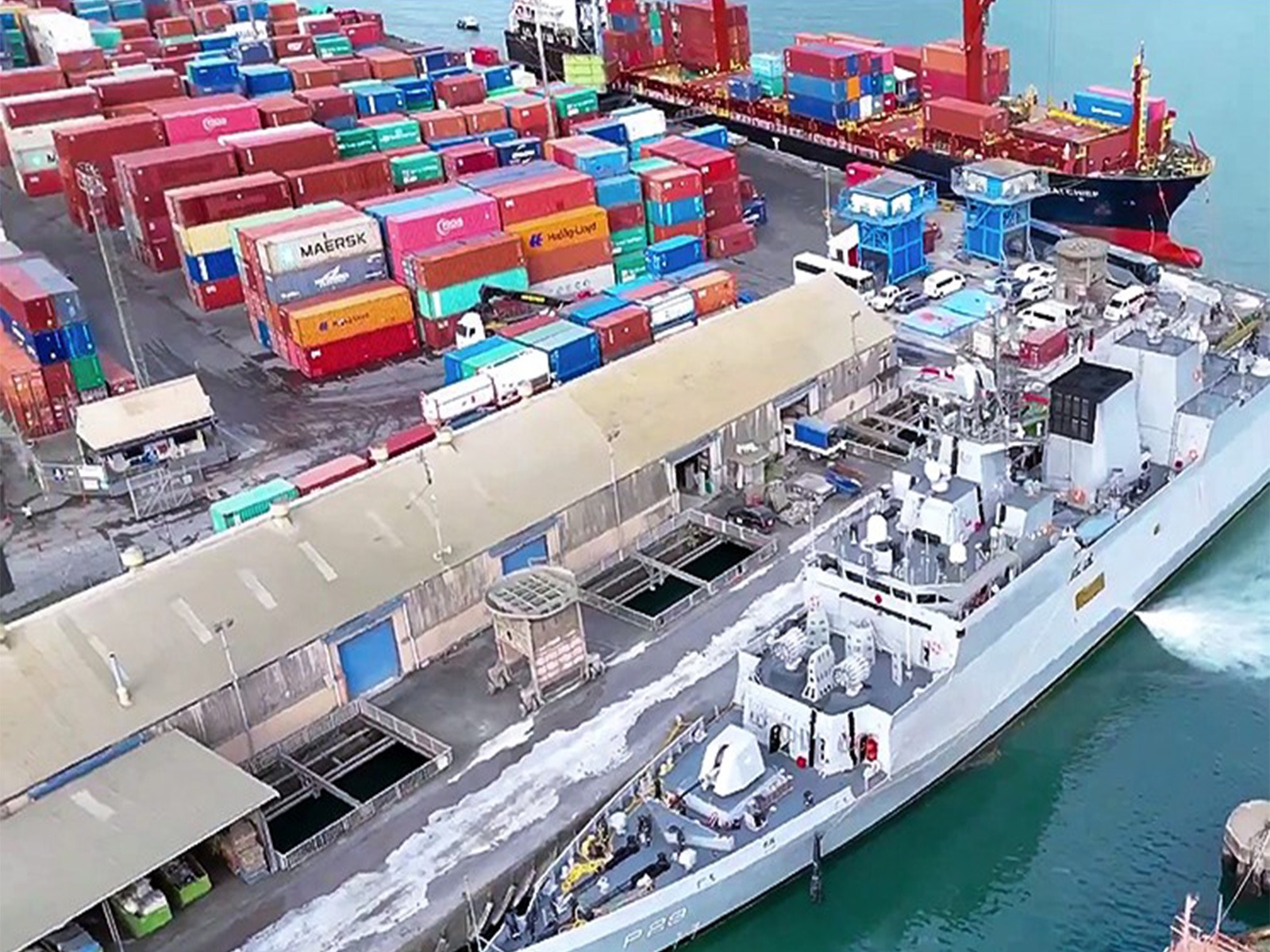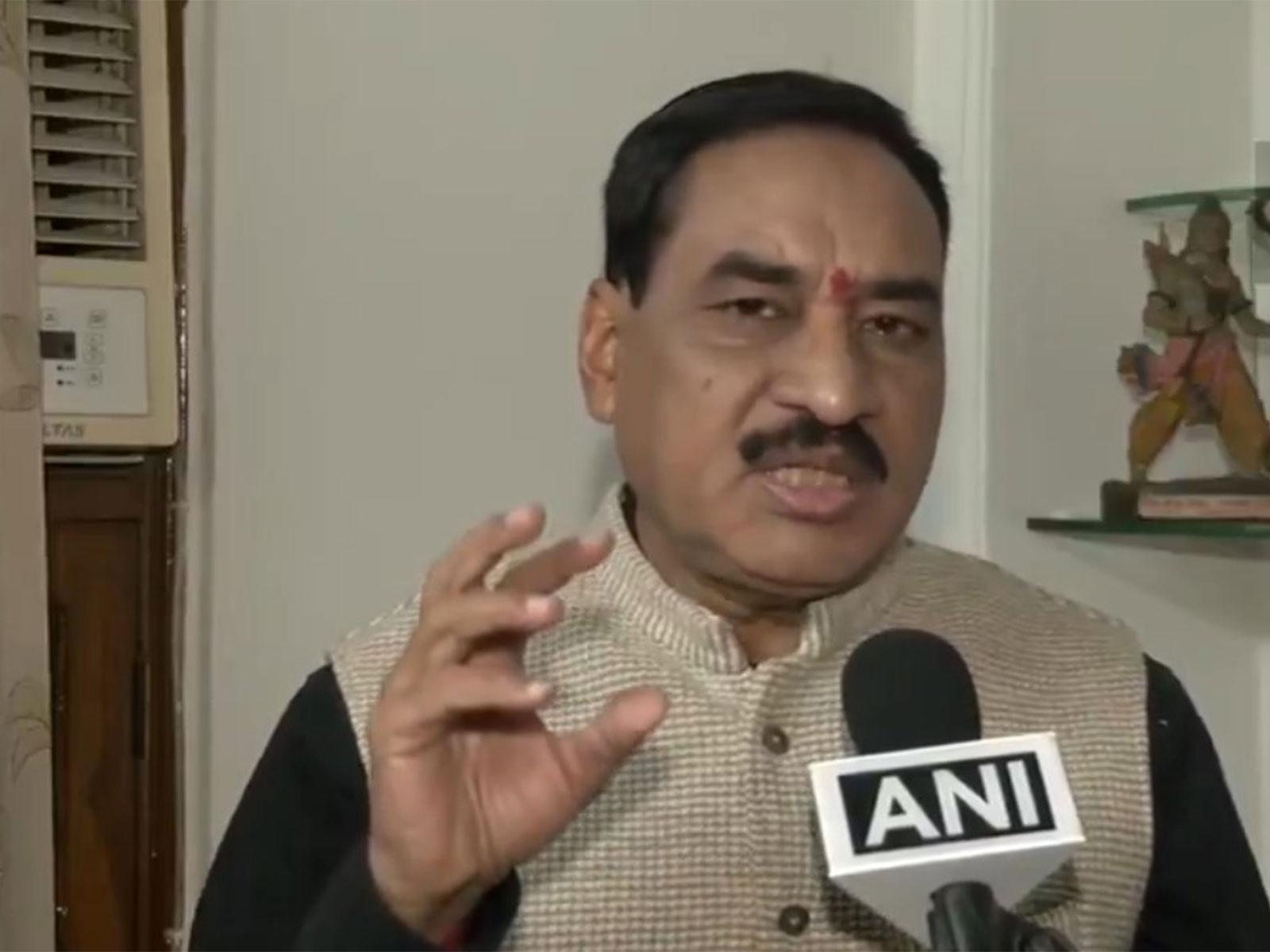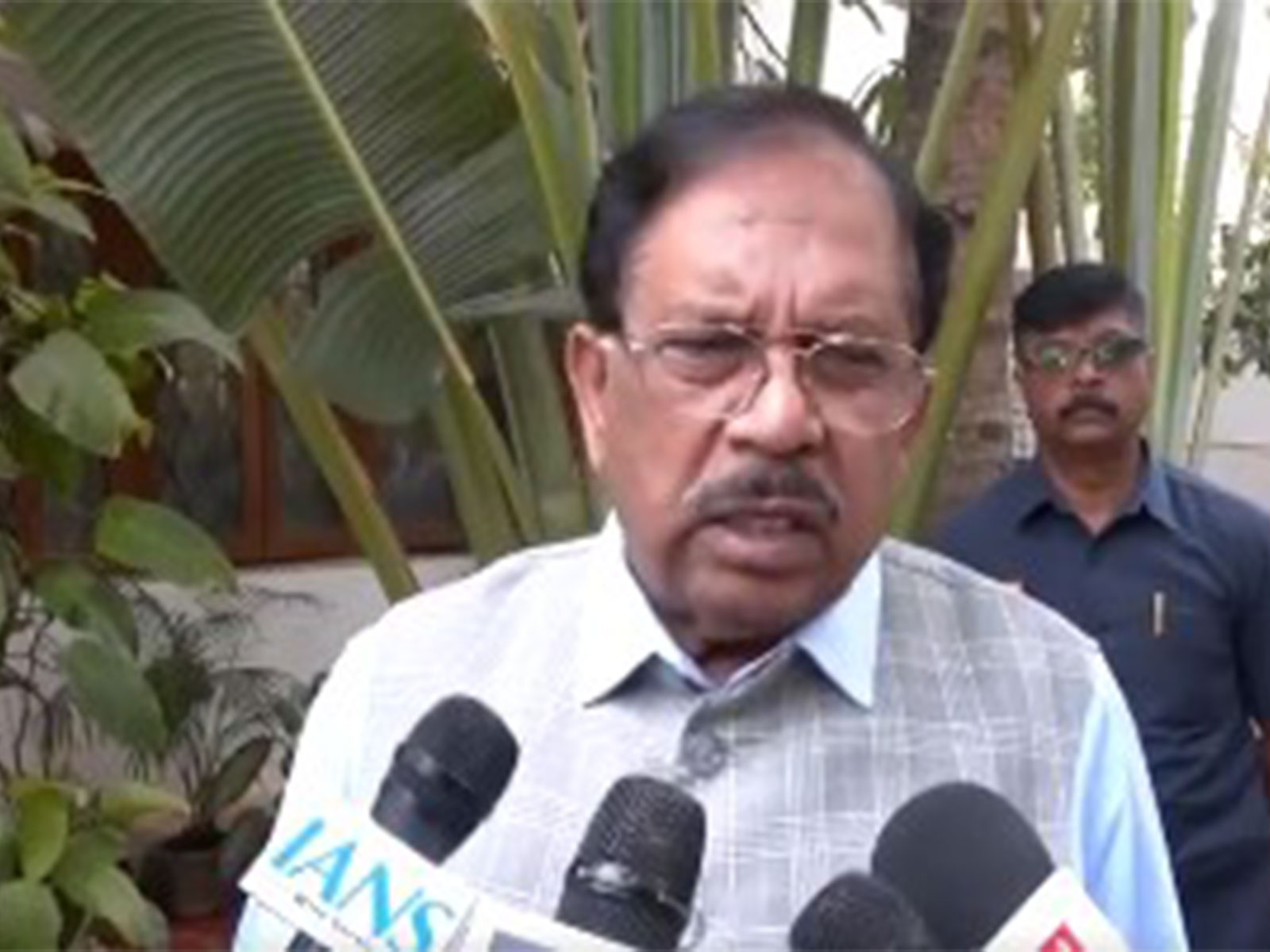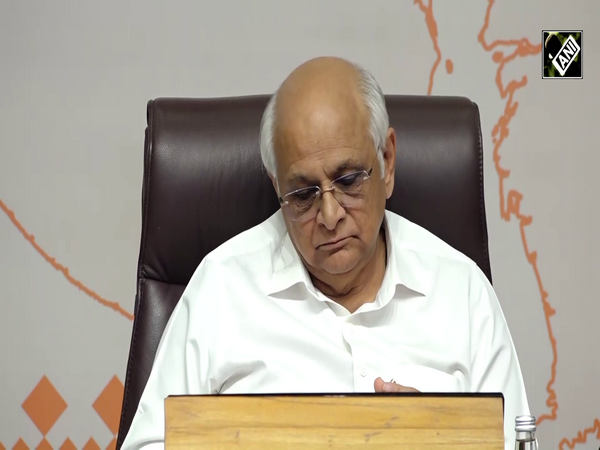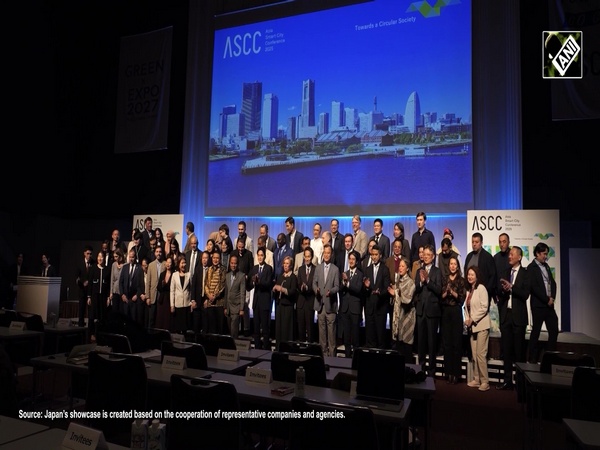With 6.8 per cent GDP growth in 2022 India to remain fastest growing economy: IMF
Oct 11, 2022

New Delhi [India], October 11 : The International Monetary Fund (IMF) has lowered India's GDP growth forecast for the current year by 60 basis points to 6.8 per cent. However, despite the slowdown, India would maintain its position as the fastest-growing major economy in the world.
In its latest World Economic Outlook report, the IMF noted, "The outlook for India is for growth of 6.8 per cent in 2022, a 0.6 percentage point downgrade since the July forecast, reflecting a weaker-than-expected outturn in the second quarter (April-June) and more subdued external demand."
In its July 2022 report, the IMF had pegged India's GDP growth for 2022 at 7.4 per cent. The IMF latest projection on India's GDP growth is lower than the 7 per cent growth pegged by the Reserve Bank of India (RBI) for the financial year 2022-23.
However, despite the slowdown, India would remain the fastest-growing major economy.
As per the latest IMF data, India's GDP growth will slow to 6.8 per cent in 2022 from 8.7 per cent in 2021. The growth is projected to further slow to 6.1 per cent in 2023.
Compare it with China. China's GDP growth is projected to slump to 3.2 per cent in 2022 from 8.1 per cent in 2021. In 2023, China's growth is projected to accelerate to 4.4 per cent in 2023 but remain sharply down when compared with India's 6.1 per cent projected growth.
The slowdown in global economic activity is broad-based and sharper-than-expected, with inflation higher than seen in decades. The economic outlook depends on a successful calibration of monetary and fiscal policies, the course of the war in Ukraine, and growth prospects in China.
Risks remain unusually large: monetary policy could miscalculate the right stance to reduce inflation; diverging policy paths in the largest economies could exacerbate the US dollar's appreciation; tightening global financing could trigger emerging market debt distress; and a worsening of China's property sector crisis could undermine growth, the IMF noted in its latest World Economic Outlook report.
Policymakers should focus on restoring price stability and alleviating cost-of-living pressures. Multilateral cooperation remains necessary to fast-track the green energy transition and prevent fragmentation, the IMF said.
On inflation, the IMF said, "global economic activity is experiencing a broad-based and sharper-than-expected slowdown, with inflation higher than seen in several decades."
The cost-of-living crisis, tightening financial conditions in most regions, Russia's invasion of Ukraine, and the lingering COVID-19 pandemic all weigh heavily on the outlook. Global growth is forecast to slow from 6.0 percent in 2021 to 3.2 per cent in 2022 and 2.7 per cent in 2023. This is the weakest growth profile since 2001 except for the global financial crisis and the acute phase of the COVID-19 pandemic, the IMF said.
Global inflation is forecast to rise from 4.7 per cent in 2021 to 8.8 per cent in 2022 but to decline to 6.5 per cent in 2023 and to 4.1 per cent by 2024. Monetary policy should stay the course to restore price stability, and fiscal policy should aim to alleviate the cost-of-living pressures while maintaining a sufficiently tight stance aligned with monetary policy. Structural reforms can further support the fight against inflation by improving productivity and easing supply constraints, while multilateral cooperation is necessary for fast-tracking the green energy transition and preventing fragmentation, the IMF said.
